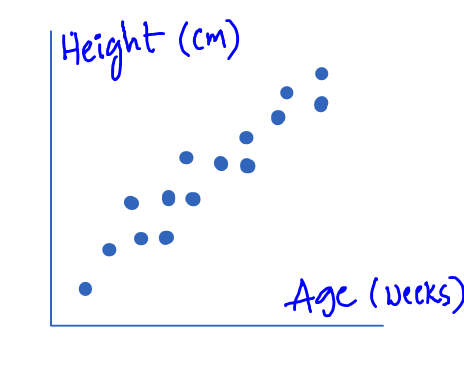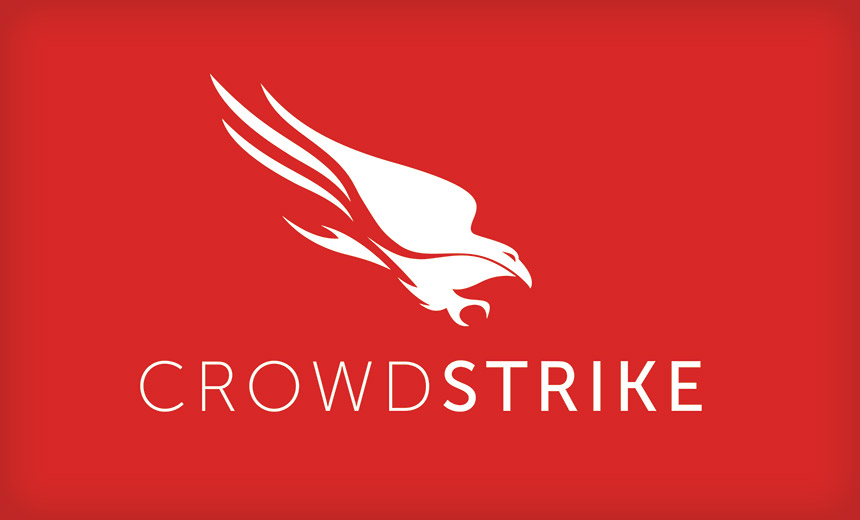
The Facts Of Acquiring Machine Learning At Big companies
The success of machine learning projects in industry is determined by many factors, the consideration of which will allow to optimize the distribution of resources and exclude projects that do not bring economic benefits at the early stages.
Today, more and more companies are using developing tools for big data research in order to initiate the transition to a new digital technological mode in communications, decision making, situation assessment and business processes. Special hopes are placed on mathematical methods and algorithms of artificial intelligence, in some cases, allowing us to understand how business processes can be improved, costs can be reduced, or additional profit can be obtained. In this series, machine learning is often mistaken for a “silver bullet” to achieve stated business goals – industrial enterprises are looking at such methods with interest and actively initiate pilot projects, which, however, often turn out to be very limited, bear great risks and fail. How to bring such projects to a victorious conclusion?
Modern industrial production usually involves the presence of an automated process and business processes that are supported by such important economic indicators of an enterprise as: costs per unit of marketable output; costs associated with marriage, breakdowns, equipment downtime, delivery and storage of both raw materials and products; performance and overall equipment efficiency. Continuous improvements, actions based on analysis of factual data of the company pass through many well-known management concepts and methodologies: “six sigma” (six sigma), kaizen, lean manufacturing, etc., however, despite the depth of development, these and similar methodologies rely on basic statistical analysis for data processing, as a rule associated with small samples. In this regard, machine learning is a powerful tool that complements the classical approaches to optimize production.
You can list the most common types of projects based on machine learning technologies, aimed at obtaining an industrial enterprise additional revenue or to reduce costs:
increase in the productivity of the technological process due to the selection of the optimal operation modes of the equipment, raw material loads, etc .;
improving product quality by identifying critical factors in the production process that affect the final result;
optimization of technological maintenance and repair (MRO) of expensive production equipment, prediction of breakdowns and equipment degradation;
optimization of product testing costs through a digital product model and virtual sensors;
Pricing and supply chain management – optimization and forecasting of the procurement, delivery, storage, supply and demand processes;
comprehensive improvement of performance indicators by identifying latent factors affecting production processes, and applying situation modeling in digital environments.
Understanding business: setting goals and setting goals:
Imagine that an enterprise has an idea to apply data analysis and modeling tools based on machine learning algorithms in order to gain additional profit by increasing the volume of output. The company acts as a “customer” of the project, which would help improve the performance of “Plant A”, as it receives a large amount of various data into the process control system: a history of logs and operator reports, technical regulations describing the process, etc.
So, there is a problem that cannot be solved in an obvious way; there is a set of data collected over several years, collected automatically; There are unknown reasons for performance degradation;
Data exploration and prototyping:
R has traditionally been considered the classic language of statistical data processing, although today Python is gaining popularity due to its ease of development, code visibility, and the availability of libraries. In each case, you should focus on the existing IT infrastructure, the cost of integration with it and data features.
For the fastest possible immersion in the study area, data mining specialists and model developers need not only to analyze the process regulations, standards, alarms, but also to study the experience of other enterprises in the industry, to analyze various sources of scientific literature.
Regular work at the facility:
Coherence and team cohesion when working on a project is the key to its success. Often the project is implemented by an aggregate customer and contractor team, where the first provides process engineers, operators, industry experts – people from production, practitioners, and the second – programmers, mathematicians, data researchers.
The success of machine learning projects in industry is determined by many factors: teamwork and experience of the team, understanding of data and technological processes, optimal allocation of resources during the project, etc.



